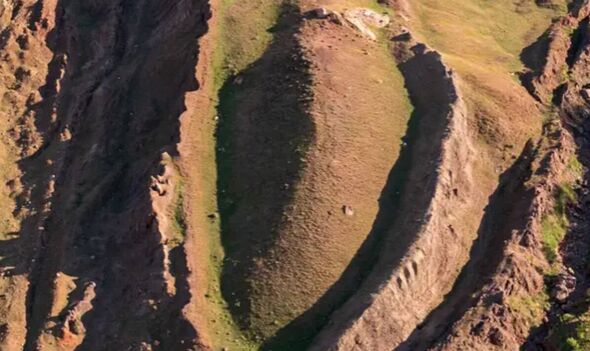In the realm of biblical archaeology, the enduring quest to locate Noah’s Ark has recently seen significant developments. The focal point is in Turkey’s Doğubayazıt district, where a boat-shaped geological formation has sparked interest since its discovery in 1956. The site aligns with the biblical narrative of Noah’s Ark settling on the “mountains of Ararat.” Led by experts from Istanbul Technical University, Andrew University, and Ağrı İbrahim Çeçen University, an expedition commenced in 2021, aiming to provide conclusive evidence of the Ark’s existence.
In December 2022, the team collected rock and soil samples from the site, yielding exciting preliminary findings. Analyses revealed clayey and marine materials, along with traces of seafood, indicating human activity between 5500 and 3000 BC. This timeframe closely aligns with the biblical chronology of the Great Flood. However, researchers acknowledge the need for extensive work to definitively establish the presence of Noah’s Ark
While intriguing, these findings don’t offer conclusive evidence. The researchers are committed to thorough scientific investigations, mindful of the skepticism surrounding the quest. The debate about the Ark’s location involves differing interpretations of Mount Ararat’s geological history, emphasizing the complex nature of the Noah’s Ark narrative.
In conclusion, the ongoing expedition in Turkey brings us closer to potentially confirming Noah’s Ark’s existence. Analyzing samples revealed evidence of human activity aligning with the biblical timeframe. Cautious optimism is essential, recognizing the need for further research to definitively establish the Ark’s presence. This quest exemplifies humanity’s enduring fascination with unraveling ancient mysteries, exploring the intersection of faith, history, and science.




